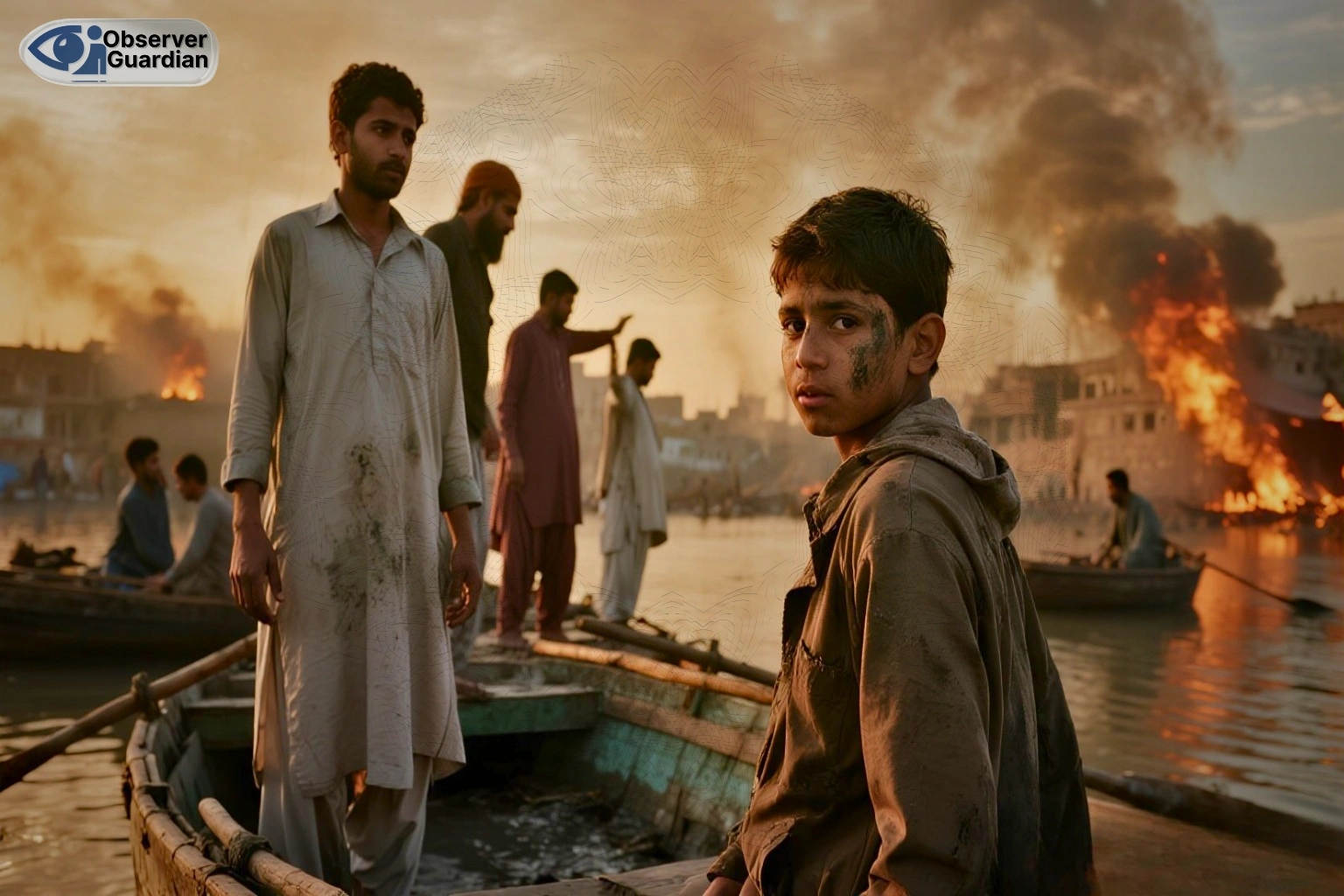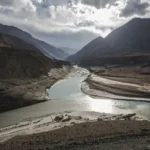The UN General Assembly is marking its 80th session this September with a hopeful slogan: “Better together: 80 years and more for peace, development and human rights.” It sounds uplifting. But if zoom in on Pakistan, that slogan quickly feels hollow. This is because while the speeches in New York will celebrate unity, Pakistan is once again drowning, burning, and gasping under the weight of a climate crisis, it did almost nothing to cause.
Why Pakistan Matters here
Pakistan produces less than one percent of global emissions. Yet it constantly lands on the list of the most climate vulnerable countries. Similarly, people have not even fully recovered from the 2022 floods, when a third of the country went underwater. Around 33 million people were hit, and the economy took a 30 billion dollar blow. Also, the families who lost their homes then are still struggling to rebuild.
Now in 2025, we are watching the same nightmare unfolding. Since late June, heavy monsoon rains and sudden cloudbursts have killed more than 800 people. Villages are swamped, farmlands are ruined again, and the warnings from scientists about climate-fueled monsoon extremes are playing out in real time.
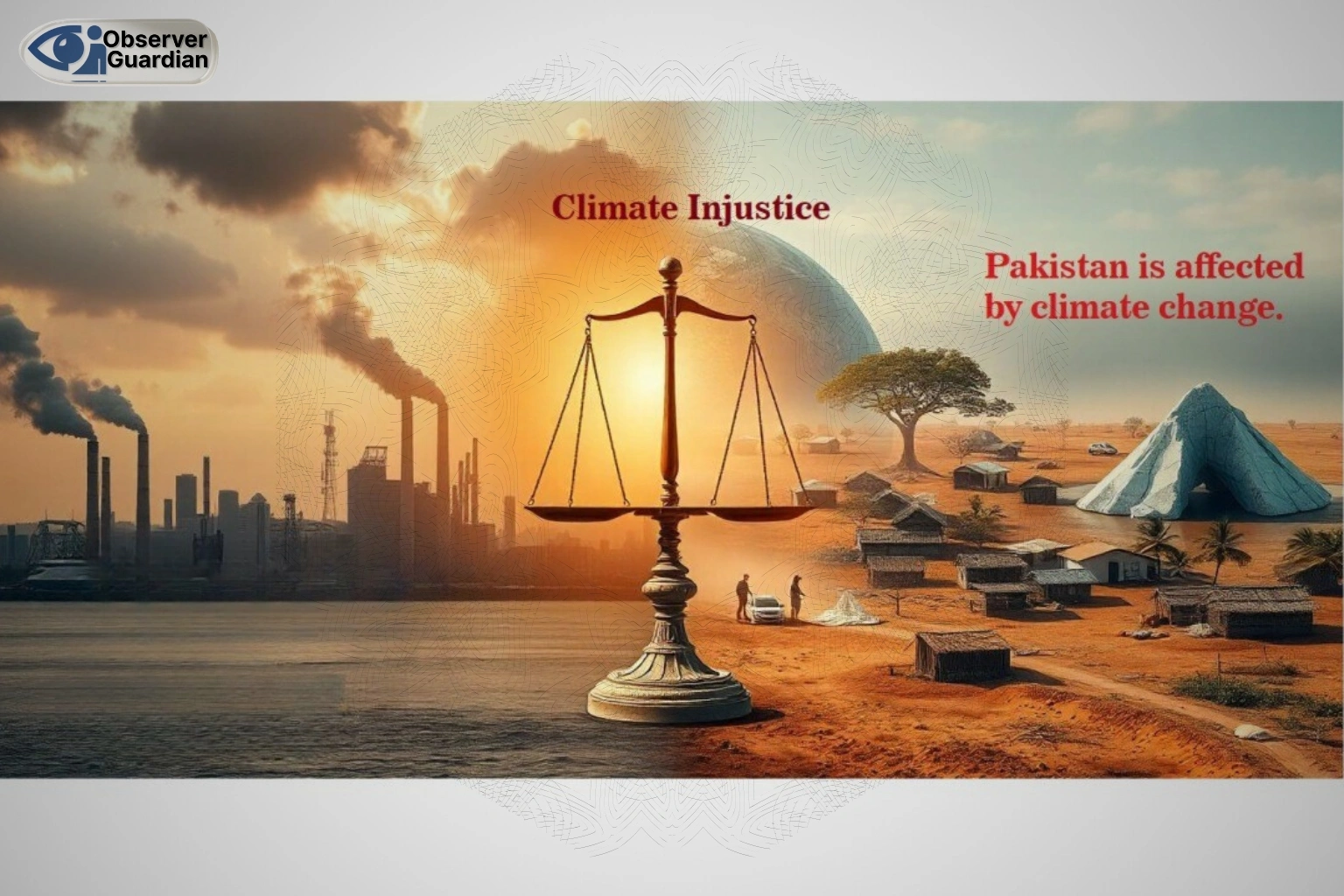
Heatwaves and Melting Glaciers: Pakistan’s Climate Crisis
Floods are not the only problem. Heatwaves keep breaking records, with temperatures climbing past 50°C. That is not just uncomfortable, it is deadly. Besides, poor communities without air conditioning, outdoor workers, and children walking to school are the people collapsing from heat strokes. Besides, there are the glaciers. Pakistan has more than 7,000 of them, and they are melting at alarming rates. It means flash floods now, but long-term, it will spell water shortages in a country whose lifeline is the Indus River.
The UN’s Big Promises
The UN has always talked about shared responsibility. But for countries like Pakistan, those words haven’t turned into enough action. The much-publicized “Loss and Damage Fund” announced in 2022 was supposed to be a turning point. Still, three years later, it’s still inching forward while real disasters keep wiping out billions in homes, schools, and crops.
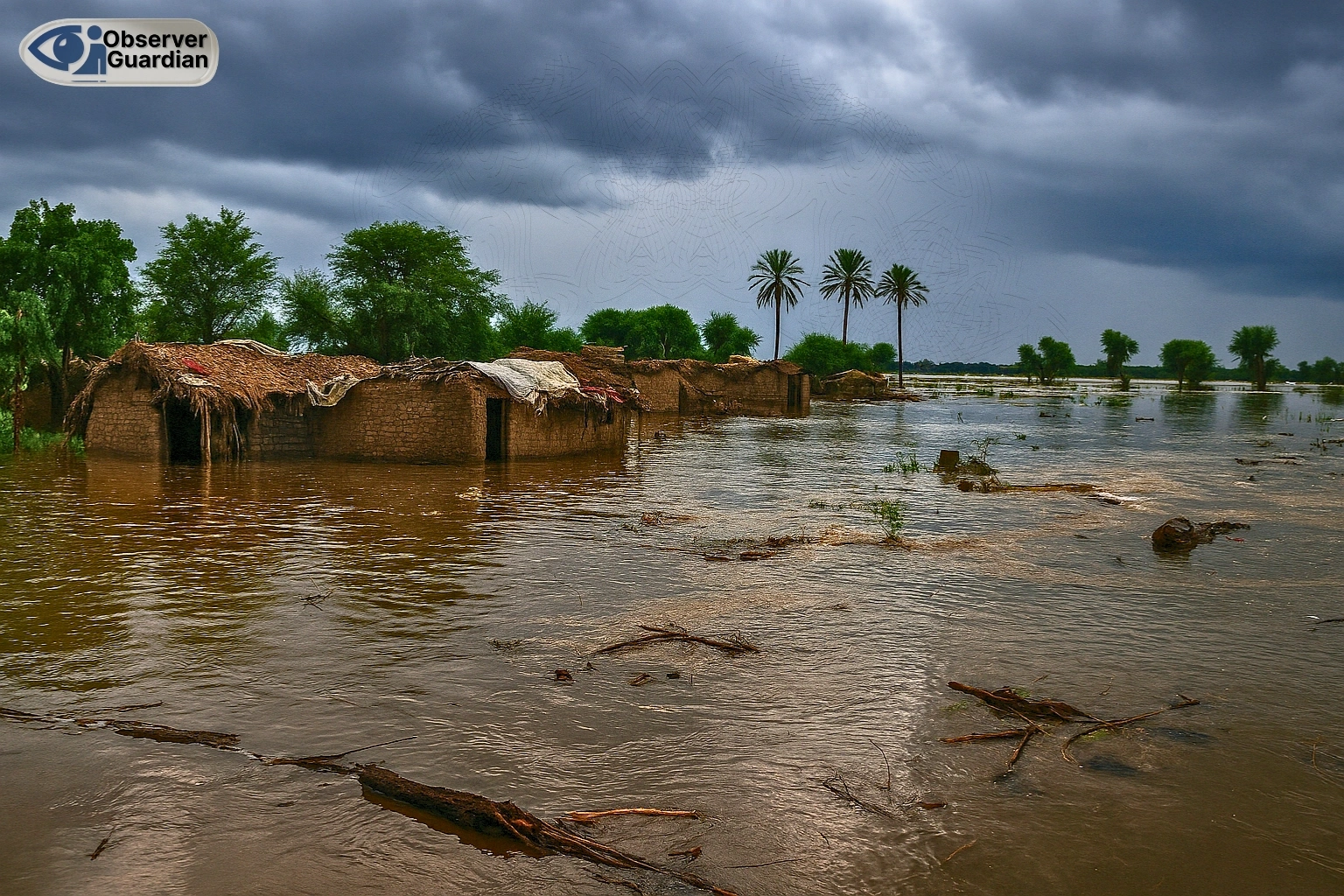
This is where credibility comes into play. How can the UN claim to champion peace, development, and human rights if climate justice is not front and center? Because in Pakistan, all those ideals collapse when a flood sweeps through a village or when a heatwave silently kills the elderly and the poor.
It is tempting for some to see Pakistan’s struggle as a local issue, but it’s really a warning sign. Climate change doesn’t stop at borders. If a country that contributed almost nothing to emissions can be pushed to the brink like this, what happens when similar patterns hit other regions?
If the UN cannot step up for Pakistan, why should vulnerable nations anywhere trust its promises? These are the questions whose answers need to be given.
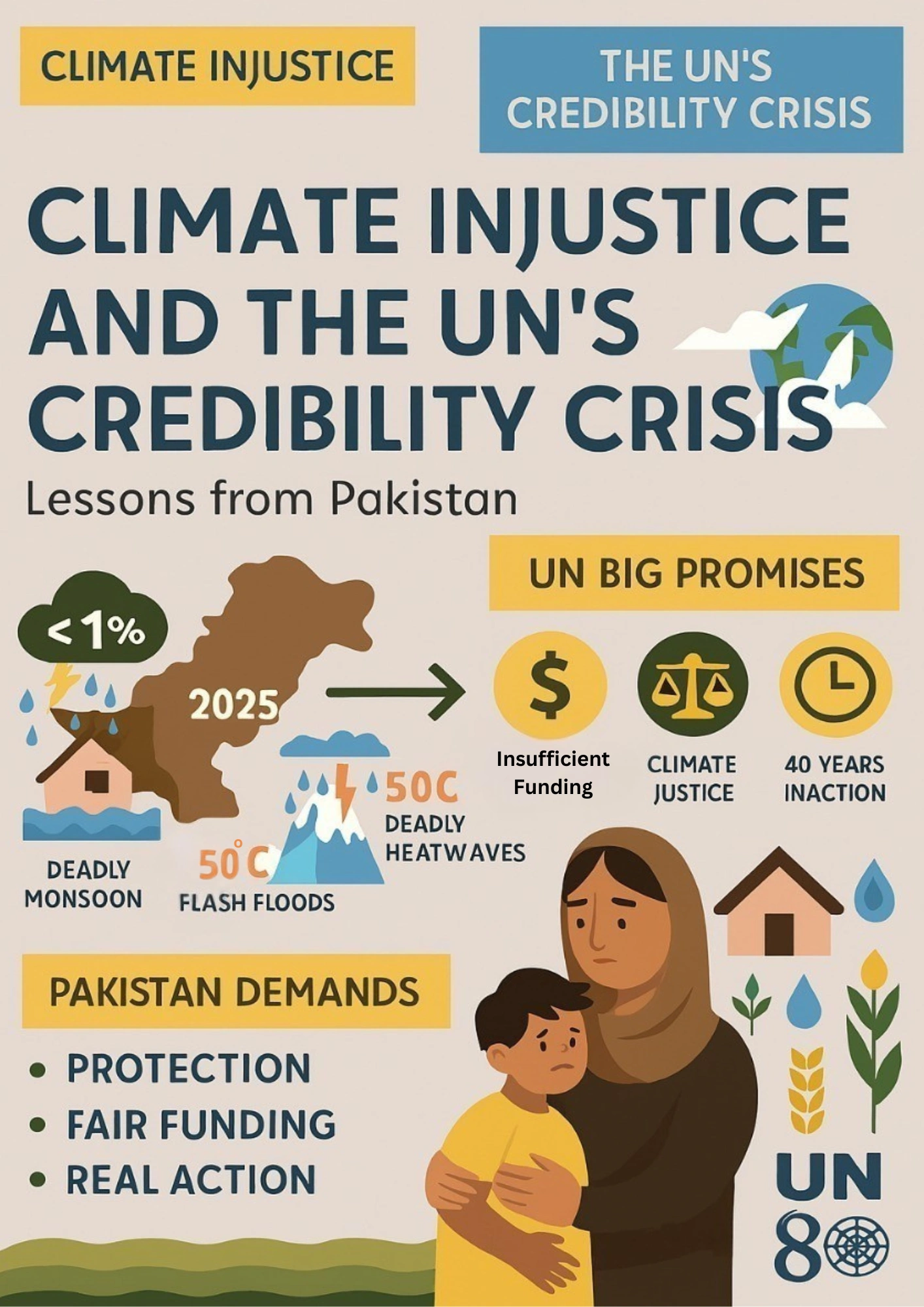
What Pakistan Aspires?
Here is the thing that Pakistan is not begging for charity. It is asking for fairness. Similarly, funding for adaptation and resilience is not a gift, it is a global responsibility. Same is the case with loss and damage support. It is not “aid,” it is a form of restitution. Besides, technology and knowledge sharing on renewable energy, water management, and agriculture should also be part of the deal. This is because without that, the cycle of disaster and recovery will just keep spinning.
The UN is turning 80 this year. It wants to celebrate being a pillar of cooperation. But the real test is not in speeches and commemorations. It will be shown whether it can deal with the crisis or not that defines our time.
The story of Pakistan makes that crystal clear. If the system cannot protect a country that did so little to cause the crisis, then slogans about being “better together” lose their meaning.
Additionally, for millions of Pakistanis, this is not an abstract debate. It is about whether their children will have homes, food, and water in the years ahead. For the rest of the world, Pakistan is a mirror showing how quickly the climate crisis can overwhelm those least prepared for it.
Disclaimer: The views and opinions expressed in this article are exclusively those of the author and do not reflect the official stance, policies, or perspectives of the Platform.

